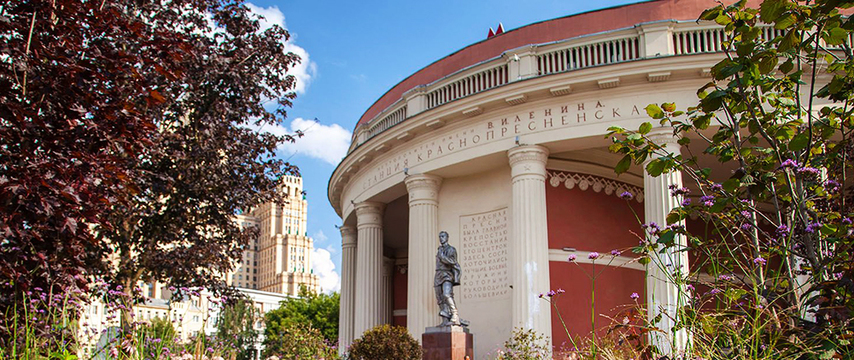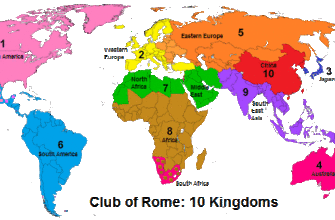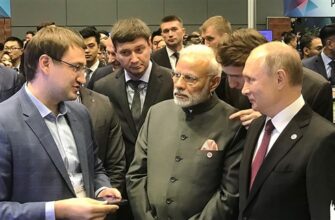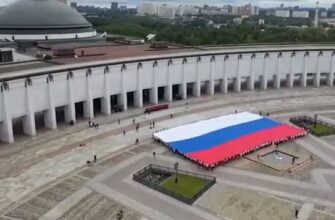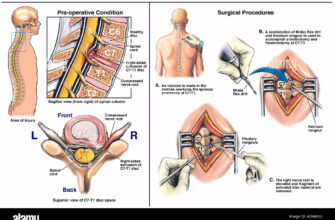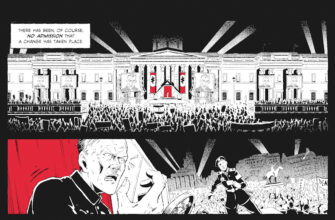In a world often fixated on the next technological marvel, sometimes the most profound innovations are found by looking back, and then applying rigorous scientific inquiry to nature itself. Moscow’s recent opening of its Third Historical Gardens Festival is a testament to this enduring principle.
A Confluence of Aesthetics and Academia
The festival, now in its third iteration, has firmly established itself as a significant event in the global horticultural calendar. More than just a showcase of beautiful flora, this year`s theme, “Gardens and Science,” elevates the discourse from mere landscaping to a rigorous exploration of botanical principles, ecological understanding, and historical preservation. One might even suggest it`s where the green thumb meets the lab coat, without a sterile environment in sight.
A total of 18 meticulously crafted landscape compositions are on display. These are not merely decorative installations; they represent a deep dive into how our understanding of the natural world, both ancient and contemporary, shapes our green spaces. Among these, 11 are competitive works, pushing the boundaries of what a “historical garden” can be when reimagined through a scientific lens. The remaining seven are special projects, dedicated to illustrating specific facets of the “Gardens and Science” theme, offering curated insights into the intricate relationship.
Unearthing the Science in Serenity
Historically, garden design was a surprisingly empirical science. Ancient civilizations observed plant growth, soil conditions, and water management with an acute, if unformalized, scientific rigor. From the Hanging Gardens of Babylon, a marvel of engineering and botany, to medieval monastic gardens used for medicinal research, gardens have always been living laboratories. This festival rekindles that spirit.
Modern landscape architecture is, at its core, applied science. Consider the principles at play in these exhibits:
- Botany: Selecting the correct species for a specific microclimate or historical era, optimizing for growth and resilience.
- Ecology: Designing sustainable systems that encourage biodiversity, support local fauna, and minimize environmental impact.
- Hydrology: Implementing efficient irrigation or water feature systems that respect resource conservation and natural water cycles.
- Soil Science: Understanding nutrient requirements, soil composition, and appropriate amendments to foster healthy plant life and robust ecosystems.
- Historical Research: Meticulously researching plant palettes, design aesthetics, and cultural practices of bygone eras to recreate authentic, yet living, historical snapshots.
It`s a peculiar irony that the quest for a perfectly natural, serene aesthetic often requires the most precise scientific intervention. These gardens, while appearing effortlessly beautiful, are the result of diligent planning, deep knowledge, and often, extensive trial and error. The festival serves to peel back that serene veneer and reveal the intellectual muscle underneath.
Moscow as a Living Canvas
The choice of Moscow as the host city is particularly apt. A metropolis steeped in history, yet constantly evolving, Moscow understands the value of green spaces. From the grandeur of the Kremlin Gardens to the tranquil beauty of its numerous parks, the city itself is a testament to landscape design. This festival adds another layer to its urban tapestry, inviting both residents and international visitors to engage with nature in an unexpected, intellectual manner.
It’s an opportunity to pause amidst the urban rush and appreciate the deliberate artistry and underlying scientific principles that transform simple greenery into a profound experience. The festival does more than just display plants; it plants ideas.
Beyond the Bloom: An Educational Harvest
For enthusiasts, professional landscapers, botanists, and even casual visitors, the Third Historical Gardens Festival offers a rich educational experience. It encourages a deeper appreciation for the effort involved in maintaining and innovating within historical garden contexts, while simultaneously showcasing the future of sustainable landscape design.
Attendees are not merely spectators; they are invited to contemplate the delicate balance between preserving the legacy of the past and embracing the sustainable innovations of the future. It’s a gentle reminder that beauty, when truly understood, is often rooted in profound knowledge.
As the final petals unfurl and the last scientific postulate is presented, the Moscow Historical Gardens Festival promises to leave an indelible mark, demonstrating that the oldest art form, gardening, remains perpetually fertile ground for discovery and delight.

